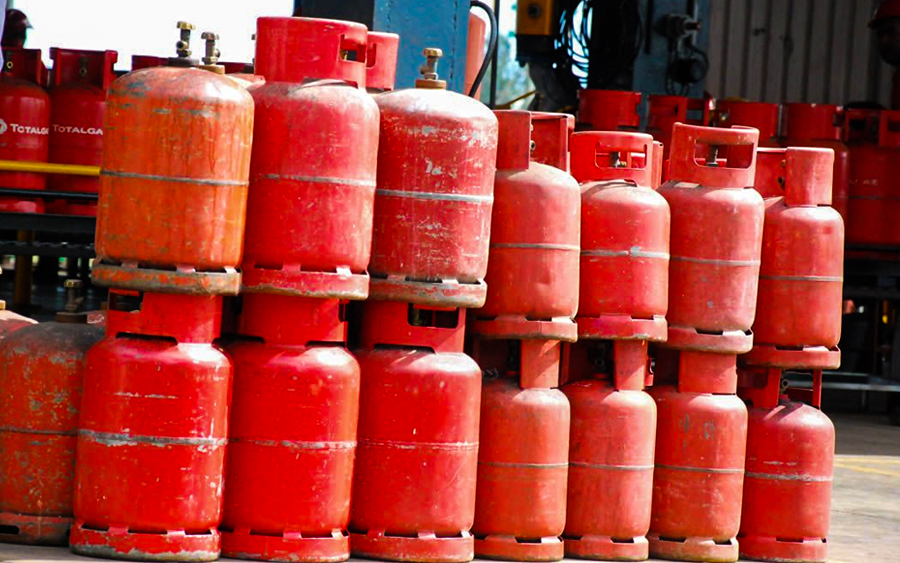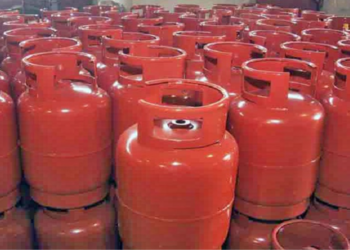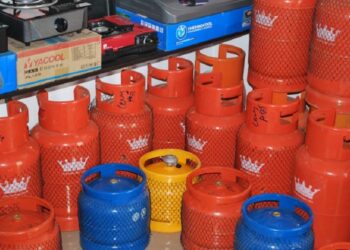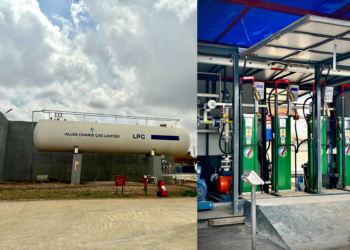The Federal Government has said that it has no immediate plan to stop the importation of gas cylinders as part of its LPG expansion and implementation plan.
This is as the Federal Government has said that it is first working at building local capacities before thinking of banning the importation of gas cylinders.
This disclosure was made by the Senior Special Assistant on Domestic Gas in the Office of the Vice President, Mr Dayo Adesina, in an interview with the News Agency of Nigeria (NAN) on Sunday in Abuja.
Adesina, who is also the Programme Manager of the National LPG Expansion and Implementation, said that Nigeria still has a lot of cylinder deficits to fill in meeting the LPG expansion plan, according to the News Agency of Nigeria.
READ: FG to open LPG distribution channels in all local governments
What the Senior Special Assistant in the Vice President’s office said
Adesina explained that the National LPG Expansion and Implementation plan was to discourage the use of firewood and other energy sources that are not environmentally friendly and subsequently get LPG to the remotest of villages.
He said that the country’s 2 million gas cylinders with a population of over 200 million people is quite poor when compared to other countries.
He pointed out that Brazil, with a population similar to Nigeria, has a cylinder population of 150 million and an additional five million injected annually with India and Mexico both having a cylinder population of about 100 million.
READ: How to access CBN’s N250 billion intervention fund for gas sector
Adesina said, “But Nigeria, with over 200 million people has less than two million cylinders. So, if you had 20 cylinder manufacturing plants it still won’t be enough.
“We have a new one that opened in 2019, two that are shut down and three that have sought approval for manufacturing. You cannot ban what you don’t have. Banning importation is not going to solve the problem. It is going to worsen the problem.”
He said that the government needed to move quickly to ensure the supply of more cylinders nationwide if it must keep its commitment to reducing emission.
READ: FG to distribute 10 million LPG gas cylinders in 1 year
Adesina, however, stressed that banning importation now would not be a solution but that Nigeria should rather build local capacity gradually until the nation can become self-sufficient in cylinder production.
He said, “What the government is doing is simple: take a mixture of local and foreign production. The ones that are to be imported, the manufacturer can supply the first set, the second set must be manufactured locally in Nigeria. If they are not ready to set up here we pair them up with local investors and technical partners.’’
What you should know
The National LPG Expansion and Implementation programme was introduced to make Compressed Natural Gas (CNG), the fuel of choice for transportation and the Liquefied Petroleum Gas (LPG), the fuel of choice for domestic cooking, captive power and small industrial complexes.
The Federal Government has identified gas as a cheaper and more environmentally friendly source of energy especially with the rising cost of petroleum products.
The government had also in April 2021, announced plans to inject 5 to 10 million Liquefied Petroleum Gas (LPG) cylinders into the market in the next one year to help improve safety and deepen LPG (otherwise known as cooking gas) utilization across the country.













